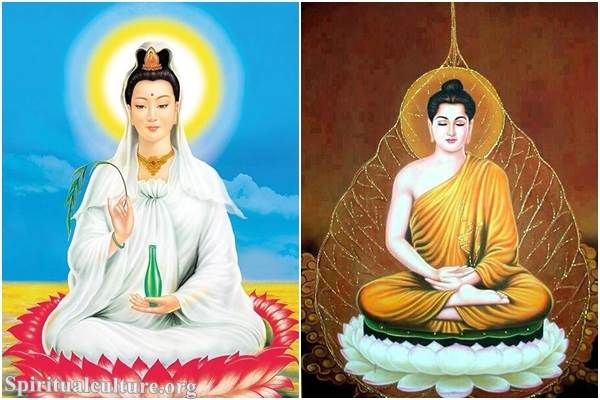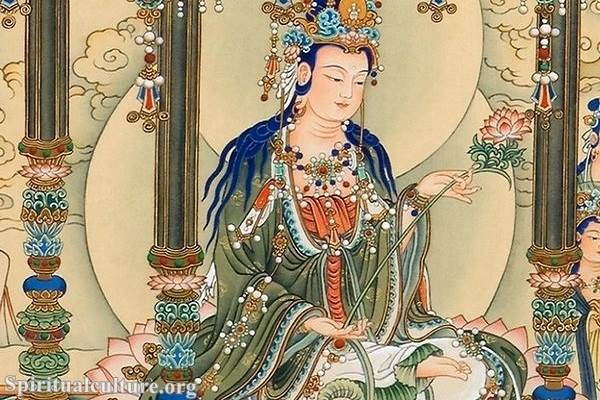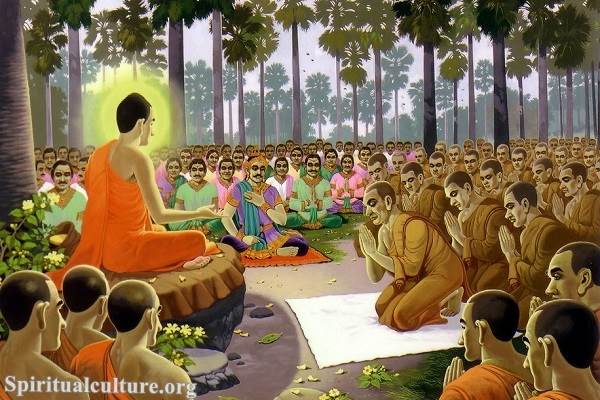In Buddhism, the ultimate goal is to attain enlightenment, also known as Nirvana or Buddhahood. This is a state of perfect wisdom, compassion, and liberation from the cycle of rebirth.
A Bodhisattva is a being who has made a vow to achieve Buddhahood, not just for themselves, but for the benefit of all sentient beings. A Bodhisattva is seen as a compassionate being who is dedicated to helping others along the path to enlightenment. They are regarded as a symbol of altruism and selflessness.

A Bodhisattva follows the Buddhist path, engaging in practices such as meditation, study, and self-improvement to develop wisdom and compassion. They also take the Bodhisattva vow, which is a commitment to use their future Buddhahood to help others attain enlightenment.
A Buddha, on the other hand, is a being who has already achieved enlightenment. A Buddha is a fully awakened being who has gained a complete understanding of the nature of reality and has overcome ignorance, craving, and hatred. A Buddha is no longer subject to the cycle of birth and death and has achieved liberation from the suffering of existence.
In Buddhism, the term Buddha is also used as a title for anyone who has achieved enlightenment, not just the historical Buddha, Prince Siddhartha Gautama.
So to summarize, a Bodhisattva is a being who is on the path to Buddhahood and is dedicated to helping others attain enlightenment, while a Buddha is a being who has already achieved enlightenment and has become fully awakened.


